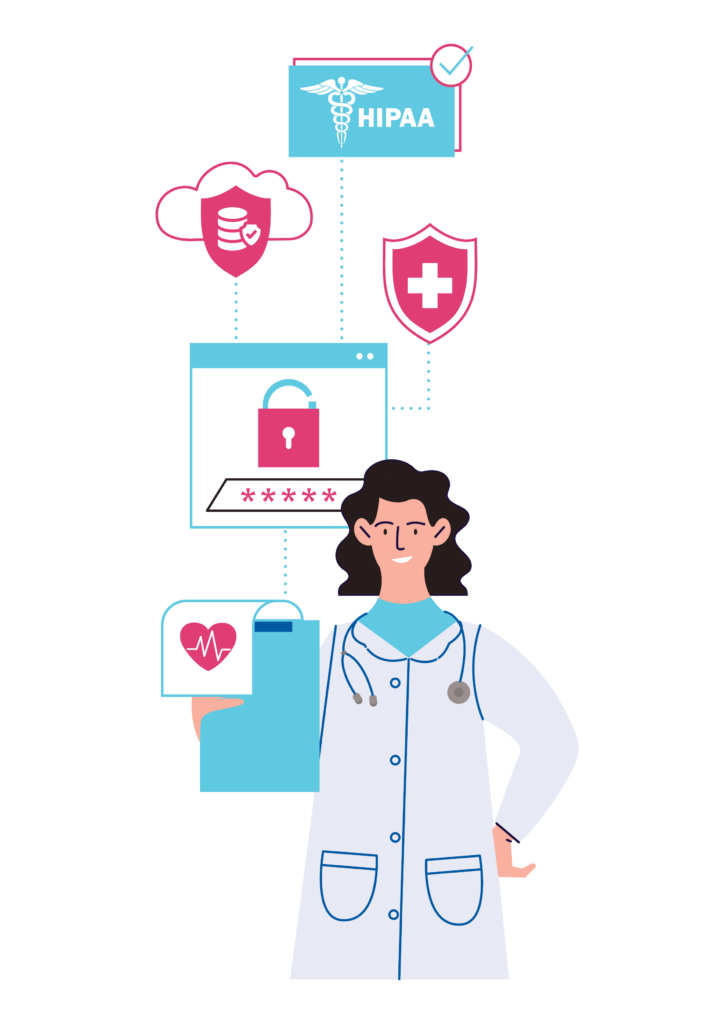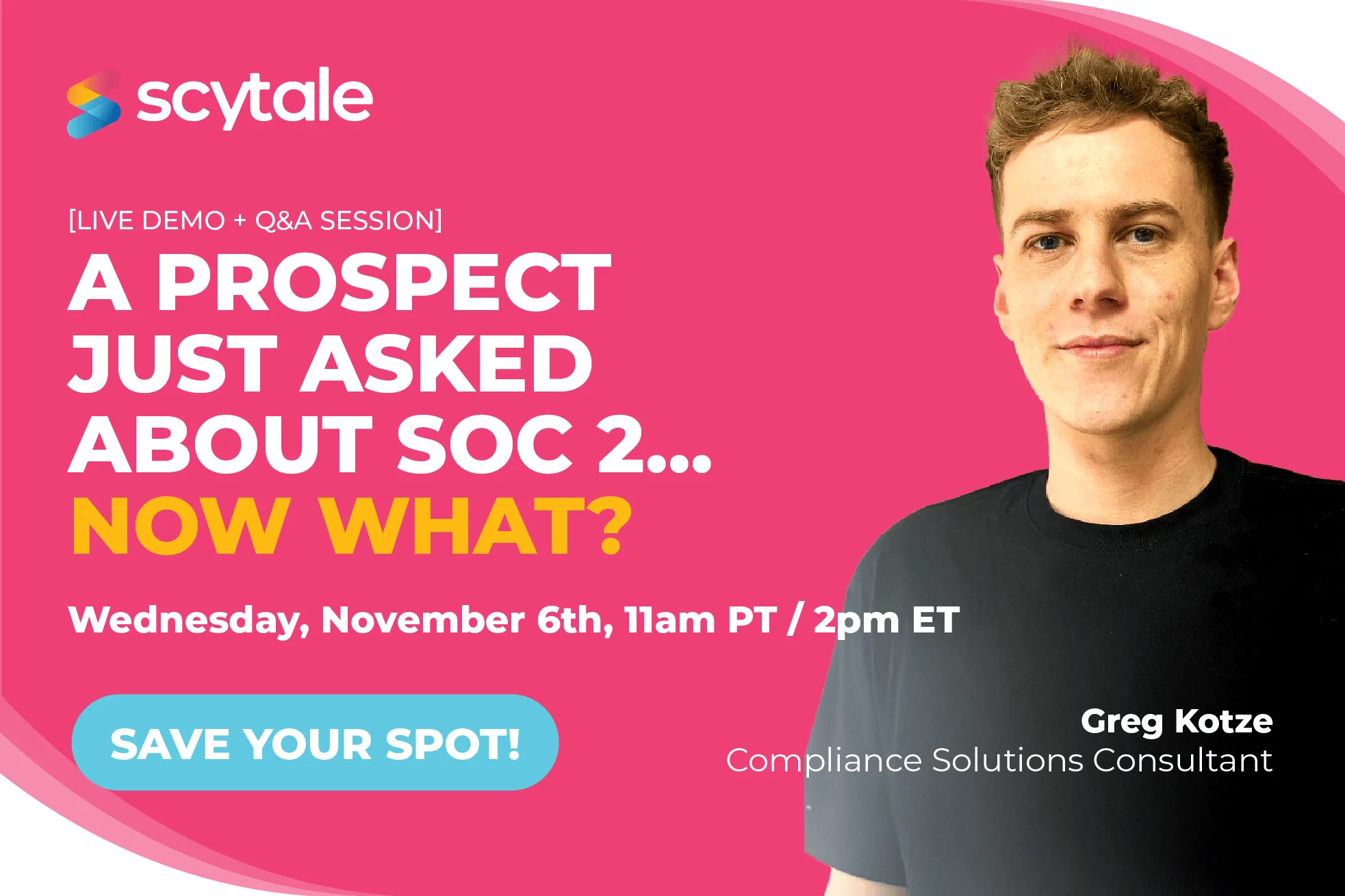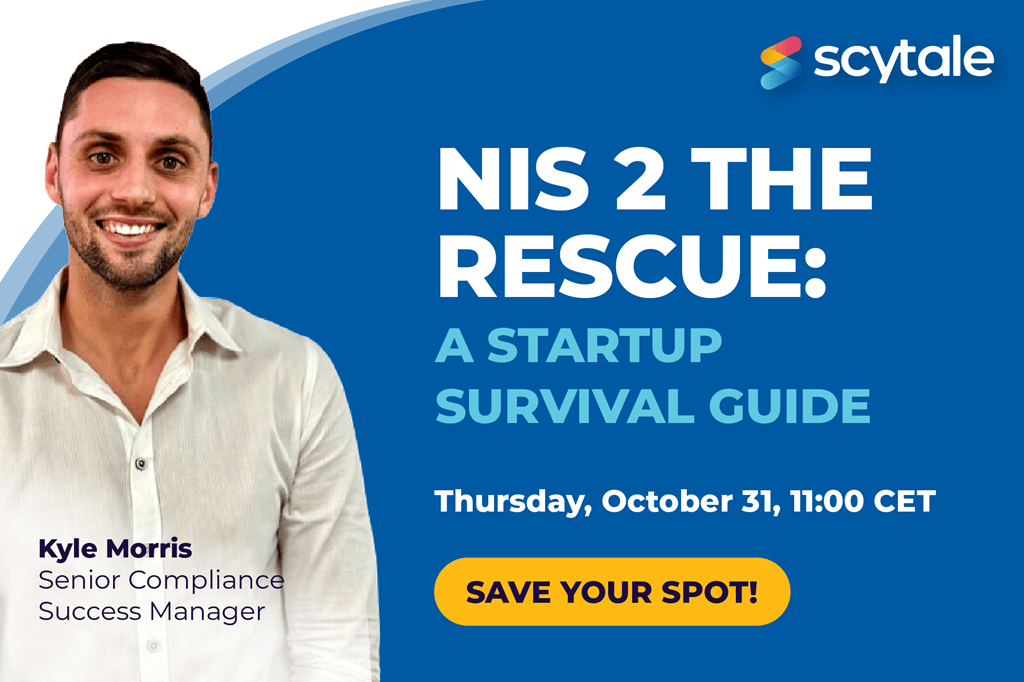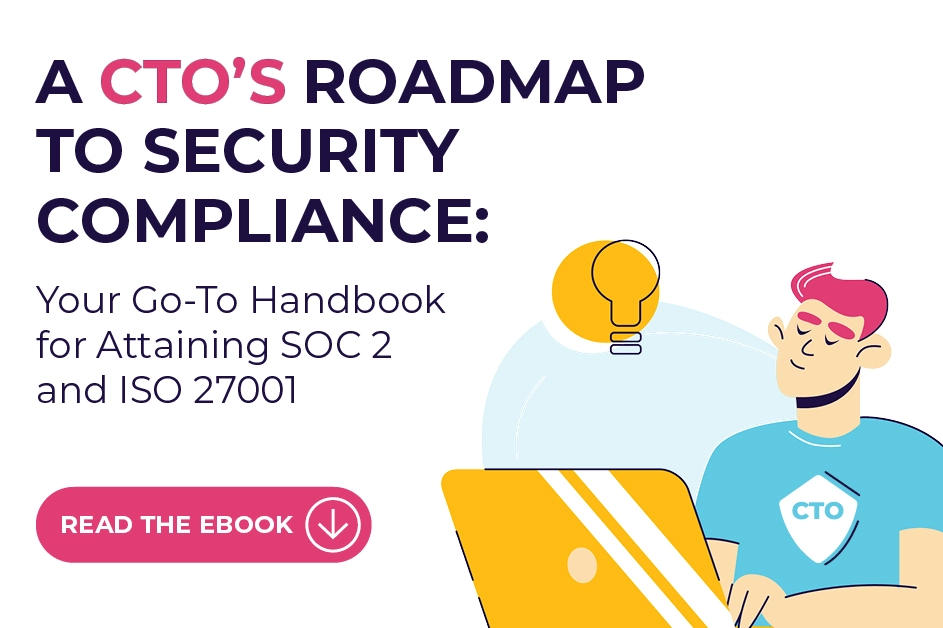In this article, we’re focusing on HIPAA compliance and how your organization can stay ahead of the compliance curve.
HIPAA Covered Entities
When it comes to HIPAA compliance, there’s a lot of confusion around who is and isn’t a covered entity. That’s why we’re breaking it down for you.
HIPAA covered entities are any organization or individual that creates, receives, maintains, or transmits protected health information in the course of carrying out its activities and functions.
In other words, if you’re responsible for handling protected health information (PHI), then you need to be HIPAA compliant.
Failure to comply with the HIPAA regulation can result in heavy fines and even criminal penalties. So it’s important to know what this regulation entails and make sure that your business is in compliance.
Read our bog: HIPAA Compliance for Startups: Why Should Startups Care About Being Compliant?
Who are the covered entities under HIPAA?
The HIPAA Privacy Rule regulates the use and disclosure of protected health information by covered entities and business associates.
So who are the HIPAA covered entities? Covered entities are healthcare providers, health plans, and healthcare clearinghouses. But there are a few other categories of entities that are also considered covered entities under HIPAA.
Business associates are also subject to the HIPAA Privacy Rule. They must protect the privacy of Protected Health Information (PHI) and are subject to the same fines and penalties as covered entities if they violate HIPAA rules.
What are the requirements for HIPAA-covered entities?
Of course, there are certain requirements that these covered entities must follow in order to stay compliant with HIPAA. For example, they must:
- Keep protected health information (PHI) confidential, secure and away from unauthorized access
- Put in place specific safeguards and controls to protect health information
- Make sure that their staff is trained on HIPAA privacy and security
- Develop and implement policies addressing how PHI is to be used, accessed and disclosed
- Regularly inspect their data for any potential risks or issues
- Have a designated employee responsible for handling HIPAA compliance
For those who fail to comply with these standards? Well, the penalties can be rather severe—hitting them with steep fines per violation and possible jail time. That’s why it’s essential that all businesses get serious about becoming HIPAA-compliant.
What are the penalties for non-compliance with HIPAA regulations?
If you are a HIPAA covered entity or business associate, and you fail to comply with the regulation, you could face serious consequences. Also, keep in mind the direct and indirect costs of HIPAA, that will explain the costs of non-compliance.
Take a look at our blog: What is a HIPAA Violation? Everything You Need to Know
It’s important that you take these penalties seriously and make sure your practices are compliant with the HIPAA regulations.
How can HIPAA covered entities ensure compliance with the regulation?
So how can you, a covered entity, ensure that you’re compliant with the HIPAA regulation? Scytale can help not only ensure you’re 100% HIPAA compliant, but also help you get there with smart technology and a dedicated compliance team, streamlining the process from beginning to end.
Leveraging automation technology to get HIPAA compliant allows fast-paced organizations to get compliant efficiently and effectively, including massive time-savings and a single source of truth for managing and monitoring all your HIPAA requirements and their respective statuses.








